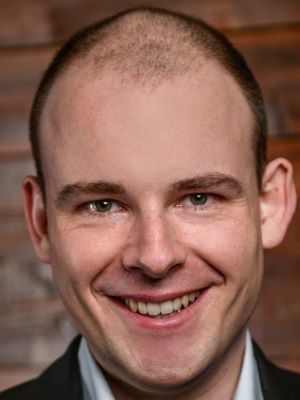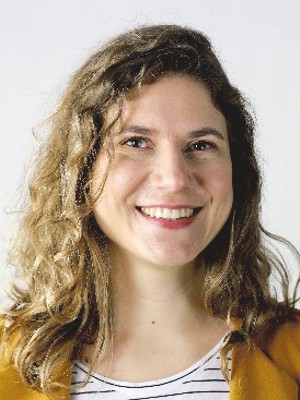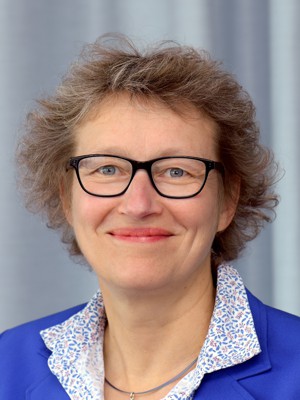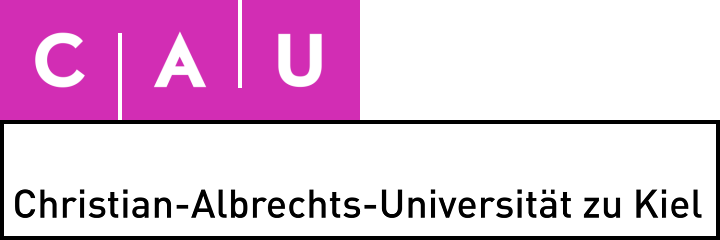Project SOP - Scientific Outreach Project

The scientific outreach project (SOP) has built a substantial evidence-based outreach program that communicates CRC research to different target groups and strategically involved CRC researchers. The SOP will build on these approaches and achievements by collaborating with established and new partners in Kiel and beyond. The main target groups of the communication activities will be public audiences and stakeholders as well as educational institutions. We will engage the interested public and stakeholders in CRC research with motivating digital media that will be incorporated in the existing exhibition framework and that show different areas of the CRC and their interconnectivity. A first virtual reality (VR) video was a huge success with regard to visitor attraction and stakeholder involvement. We plan to evaluate how VR videos can be used to attract visitors and raise the interest of potential stakeholders in outreach settings. The SOP will benefit from the close cooperation with the Deutsches Museum in Munich, who share experiences and expertise in designing digital interactive exhibitions and VR experiences in large scale science outreach programs. With regard to educational institutions, design-based research in the previous funding period has shown that the interdisciplinary CRC research can be successfully transformed into learning environments, in-school as well as out-of- school. In this funding period, we will derive a comprehensive model of efficacy for interdisciplinary school outreach measures with regard to students’ interest development and career orientation in STEM (science, technology, engineering, and math) to maximize engagement of different subgroups of students and their teachers. We will strongly collaborate with two out-of-school science education institutions in Kiel: the Kieler Forschungswerkstatt, an established player in the field with over 150 visiting school classes per year, and the Schülerforschungszentren Schleswig-Holstein, a new and growing network for talent and interest development. To expand the reach of the outreach activities, the SOP will collaborate closely with the University Office for Press, Communication and Marketing Services for disseminating activities through various communication channels. Developed outreach materials will be disseminated through two new national science education platforms and results will be presented in scientific journals, at conferences and outreach symposia. Furthermore, an accompanying science communication program for doctoral researchers will enhance the quality of the outreach measures and ensure the active involvement of CRC doctoral researchers from all projects in public outreach as well as school outreach. The training will be formally implemented in the IRTG credit point scheme. We will evaluate how these institutional training courses prepare early career researchers for future communication tasks and may influence the quality of outreach activities. This area of training and support will be strengthened by embedding this program in the Graduate Center at the CAU, as well as in the Kiel Science Outreach Campus, a Leibniz ScienceCampus located in Kiel that specializes in the evidence-based co-design of outreach measures.
Involved Researchers
| Person | Role | |
|---|---|---|
 |
M.Sc. Hendrik Groß IPN Chemistry Education |
Posstdoc |
 |
Dr. Carolin Enzingmüller IPN Chemistry Education |
Project lead |
 |
Prof. Dr. Ilka Parchmann IPN Chemistry Education |
Project lead |
Project-related Publications
|
|
|
|
|
|
|
|




